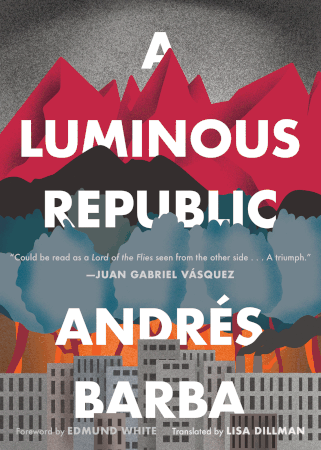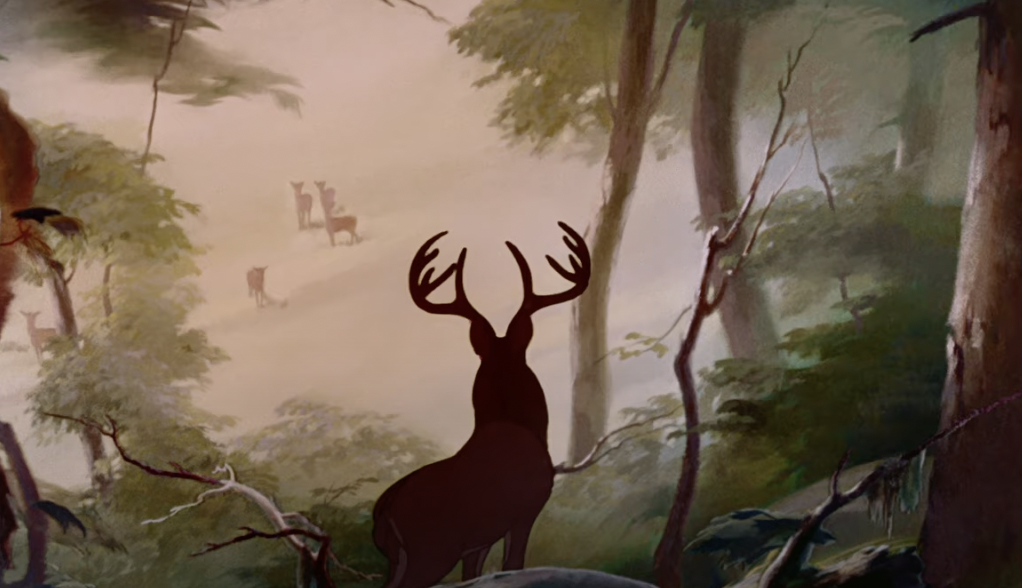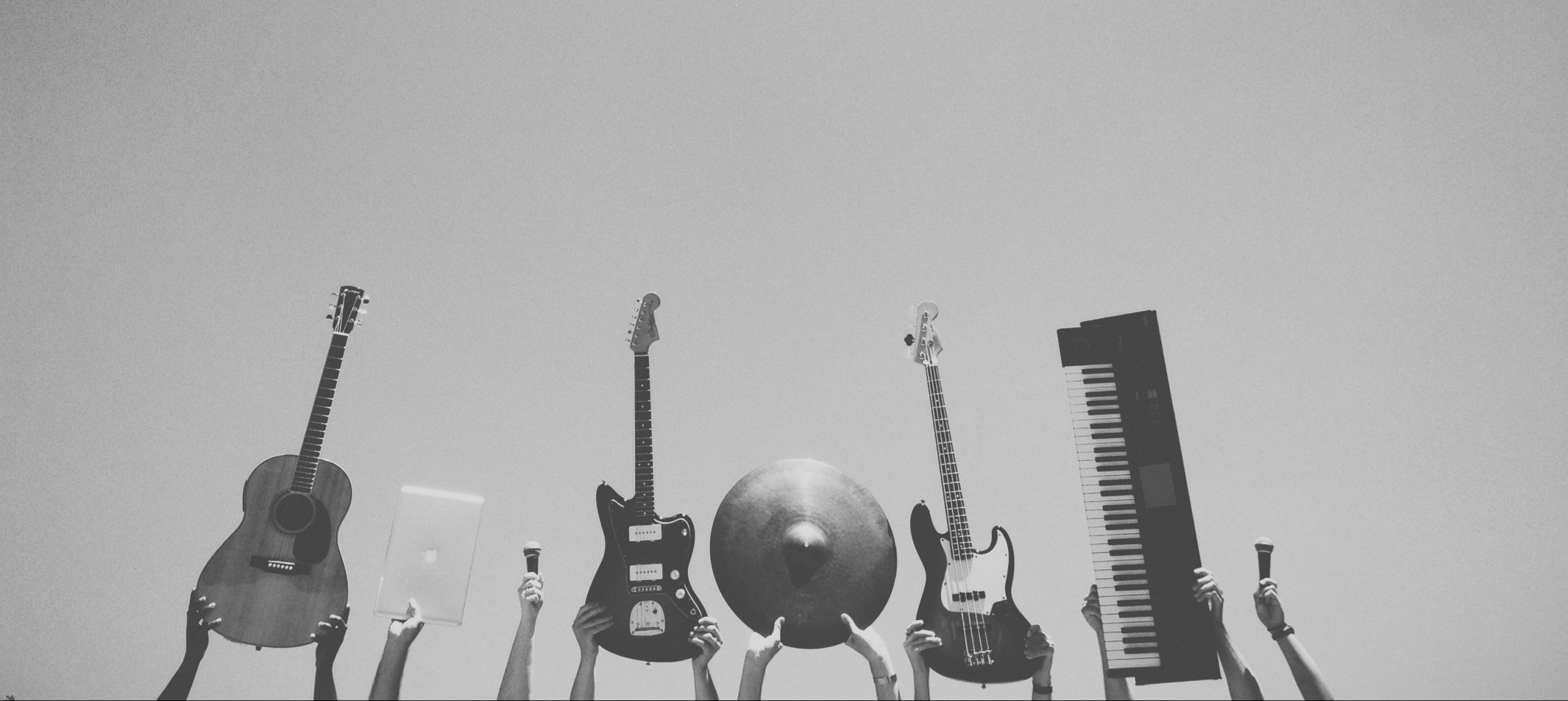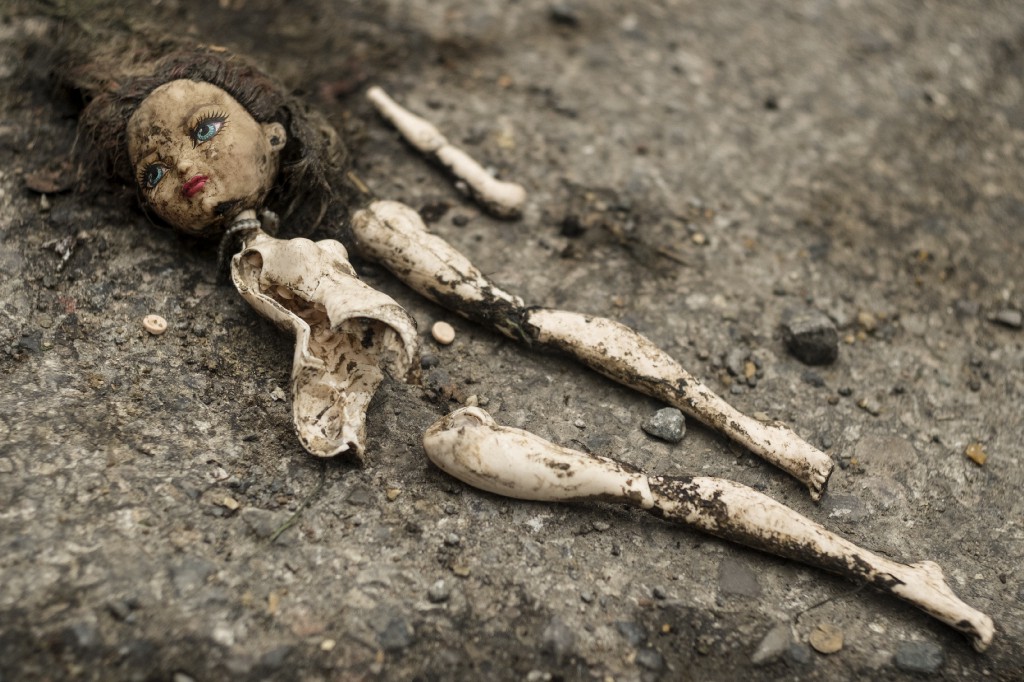interviews
A Town Taken Over by Children from the Rainforest
Andrés Barba on his novella "A Luminous Republic" and how reading can also make you more stupid

In lucid prose, Spanish novelist Andrés Barba transports the reader fully into San Cristóbal, a city on the edge of a rainforest somewhere in Latin America, and into its daily life, petty politics, and societal fissures. A Luminous Republic cuts close to this pandemic moment in the fear, paranoia, and questioning that throbs through its pages. The novel recounts of an episode when an outside menace ravaged the city. The tormentors? A gang of 32 children, who appear to be from the jungle and speak an unfamiliar language. At first, they scavenge and commit minor theft but then their mischief grows violent, and San Cristóbal’s own children start defecting to join them. The adults have to take drastic action to stop the onslaught. The novel, slim at under 200 pages and utterly disconcerting to its very last sentence, also contains a period of quarantine.
The novel takes the form of a testament offered after the incident, which might soothe and remind that this, too, shall pass. Barba’s narrator, a social worker who dealt with the debacle, reconstructs the incident (and its startling end, to which the novel’s gorgeous, enigmatic title refers) and its repercussions—personal, psychic, and public—well after the chaos has ended.
A Luminous Republic, originally published in Spanish in 2017 to great acclaim, debuted in the U.S. with Lisa Dillman’s translation in mid April. I spoke to Barba about considering his novel right now, what childhood really means, and how we might narrate this time in a future one.
J.R. Ramakrishnan: It’s been an interesting, and perhaps an extra-chilling, experience reading your book right now. The town’s paranoia of the outsider children who cause havoc mirrors a bit of what we are going through globally with the pandemic. You also have a sort of quarantine in it too. I wonder what you think of this, and of how your novel reads now?
Andrés Barba: It’s true that there’s a strange parallel between what happens with these children and the Coronavirus; they come from somewhere else and “colonize” an environment, change the order of everything, force us to examine whether all of the old words we’ve long been using to describe our world still have the same meaning in the “new world.” I suppose that, in a way, is what literature in general tries to do: explore whether the language we’re using fits the world we’re living in, that the words we’re using are the right ones for the moment, or whether there are certain values or concepts that have become obsolete, that are no longer applicable to the feelings and concerns of a new moment.
JRR: When did you start thinking of childhood and related ideas of innocence? There is a gap between the innocence of the town’s own kids and other children in the book. But even before the outside children arrive, you note the pre-existing divide between the town’s children and the indigenous Ñee children, who can be ignored. It seems that this othering of children (who are not the same as “ours”) is especially intense, perhaps because of this idea of childhood purity? Could you talk about this aspect of the book and how you considered it?
AB: Yes, that’s right. In this novel, there are basically three groups of children: the “normal” children, the ones from the city, who live with their families and adhere to the adult conception of childhood; the Ñeé children, who are indigenous, and as such are seen as outsiders within the city, though they’ve been accepted by the paternalism of society; and the “wild” children, who appear suddenly and change the old conception of childhood entirely.
These three types of children are also three fictions, made by adults to interpret a reality that, at its heart, is unreachable to them: childhood. Our concept of childhood—you can trace how it’s changed over time—is a fiction that has adapted to our needs: from the incarnation of innocence to the representation of the lost paradise, through the “good savage” or the “divine animal,” we’ve always determined the nature of childhood based on the needs of the present moment. But childhood itself, the true heart of what a child is, is out of our reach. It resists our fiction, our kitschy sense of what it should be.
JRR: Your main narrator is a social worker who deals with the crisis of the children but you also have the perspective of one of the town’s children, Teresa Otaño, who writes an Anne Frank-style memoir about the time. How did you imagine this part? It seemed extremely real to me.
The dynamics of desire, envy, and fascination between children is incredibly rich as literary material, but I’ve rarely seen it addressed in literature.
AB: I needed a child’s or semi-child’s voice (Teresa is almost a teenager) to complete the picture. We needed to have a sense, even if it was very approximate, of how the group of “civilized” children looked at the group of “wild” children. I think the dynamics of desire, envy, and fascination between children is incredibly rich as literary material, and I’ve rarely seen it addressed in literature. When children speak in first-person in novels, it’s often kind of corny; but a child’s gaze, in reality, is always quite sharp. There’s nothing corny about it. Children are much less sentimental than we want to believe. We’re more sentimental when we observe children than they are when they observe us.
JRR: From my understanding, the setting of the town of San Cristóbal is wholly made-up. The rainforest seems a little tricky to describe because its monotony but you captured its layers. I especially enjoyed this part:
“The green that devours everything, an enormous, thirsty, mottled, stifling, powerful expanse in which the strong are sustained by the weak, the great steal light from the small and only the microscopic and diminutive can stagger giants.”
Have you spent much time in the rainforest?
AB: Yes, you’re right, it’s a total invention; it could be many countries in Latin America, but it isn’t any in particular. The only rainforest I know well at all is the rainforest of Misiones, in Argentina, at the border of Brazil and Paraguay, a place that shares a lot with the place in the novel. But the fact that the place is anonymous is deliberate.
JRR: You also translate English and Italian novels. Did you consider doing this translation yourself? I imagine this is not customary. How do you think this work reads and feels in English? In recent years, I have acquired Spanish and it seems the gulf with English is so large—especially the million-syllable words, sentence lengths, nuance of the subjunctive, etc.
AB: No, I would never translate my own books. I think you have to translate into your mother tongue, never into a second language that you’ve acquired, no matter how well you speak it. You need a knowledge of the language you’re translating into that isn’t just lexical; it has to be sentimental and intuitive as well. You have to know by intuition how to respect the spirit of the book you’re translating.
In this case, I couldn’t have asked for a better translator, Lisa Dillman. We’ve been good friends for many years, we’re almost like a literary couple. I wouldn’t think of any other English translator but her.
JRR: The novel is narrated as a reconstruction of the past, as well as its haunting of the present. I suppose this structure also made me think of the question of how we will tell this pandemic story once it’s long over, and especially how we think/thought and talk/ed the events then v. now. I have a question related this:
What do you think books have to offer in this time of panic? It does seem that many people are opening books for the first time in a long time since they can’t leave the house.
I don’t think books necessarily have the capacity to do ‘good.’ Reading can also make you more stupid.
AB: I don’t think books necessarily have the capacity to do “good.” Adolf Hitler was a great reader. It’s not so much that people read for the sake of reading, but that they read “well,” which is to say that they read books that take them out of their preconceived ideas about the world, that help them think about the world from new perspectives, think critically about what’s going on around them. So I’m not sure we can know if the fact that people are reading more is also helping them to “read” the world more intelligently. Reading can also make you more stupid.
JRR: As a novelist, who obviously considered this structure (with a fantastical episode as a plot), have you perhaps begun to think of how this episode and its many stories might be narrated in the future? I’m not sure if it’s a reasonable or realistic question but it certainly occupied me as I read your book, especially its last line. Any general thoughts?
AB: That will be very interesting! I think it will happen a bit as it does in this novel. The order in which we hear testimonies of this moment will be a reflection of how our society is composed: first will come white men from rich countries, then women, then people of color and racial minorities, then sexual minorities, then children, then whites from poor countries, and so on.









